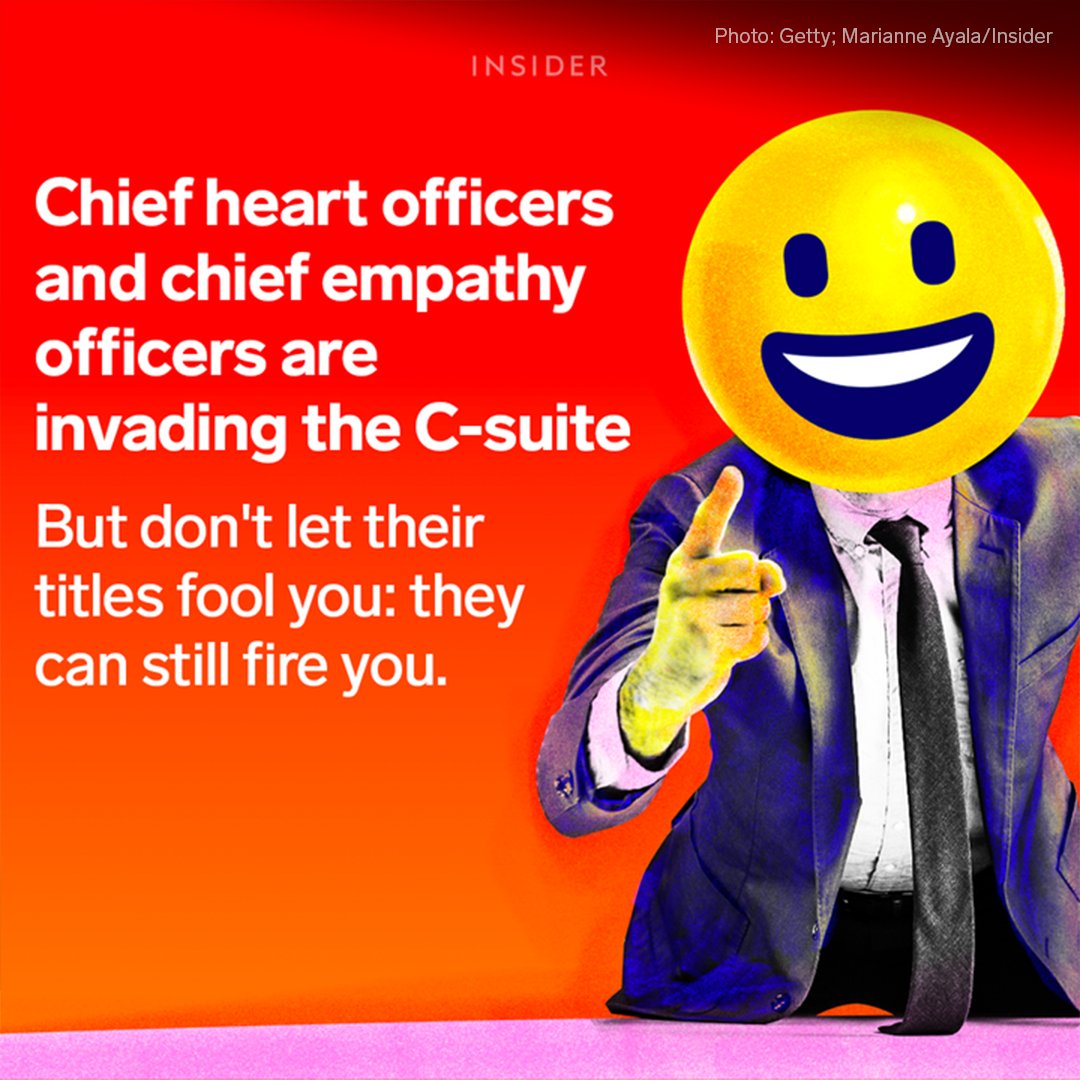The US Olympians are some of the greatest athletes in the world. They’re also Uber drivers, food delivery workers, and Panera cashiers who are struggling to pay rent.
Here’s how competing for the US in #Tokyo2020 can cause athletes to go broke.
Here’s how competing for the US in #Tokyo2020 can cause athletes to go broke.
The United States is one of the very few countries where the government does not fund its Olympic team. Instead, payment comes from stipends, prizes, and sponsorships.
The US Olympic and Paralympic Committee (USOPC) and groups that run individual sports teams, called the National Governing Bodies (NGBs), pay stipends based on performance and medals.
That not only adds an overwhelming amount of pressure to win, but it can also be unfair when a sport like track and field has 48 gold medals, and a sport like bobsledding only has 3.
There is also a separate cash prize for each medal won. While athletes from Singapore make a million dollars per gold medal, US competitors only make $37,500 per gold medal.
Even with the stipends and prize money, no athlete is taking home the entire pot. While coaches can cost more than $100 an hour, @LaurynCwilliams’ bobsled cost $30,000 alone. Fees altogether can often add up to over $100,000 a year. 

Acquiring sponsorships is how athletes like Simone Biles and Michael Phelps make millions a year. Yet, brands mainly only want to partner with Olympians that have a large social media following or compete in more popular sports like swimming or gymnastics.
Some things have gotten better for athletes such as:
🏅Eliminating medal prize money taxes for those making under 1 million a year
📃Relaxed sponsorship laws
💰An increased effort to connect athletes with sponsors
🏅Eliminating medal prize money taxes for those making under 1 million a year
📃Relaxed sponsorship laws
💰An increased effort to connect athletes with sponsors
Even with these improvements, there’s a long way to go for most American athletes to compete without the stress of finances.
Subscribe to Business Insider’s YouTube channel for more videos like this:
Subscribe to Business Insider’s YouTube channel for more videos like this:
• • •
Missing some Tweet in this thread? You can try to
force a refresh








